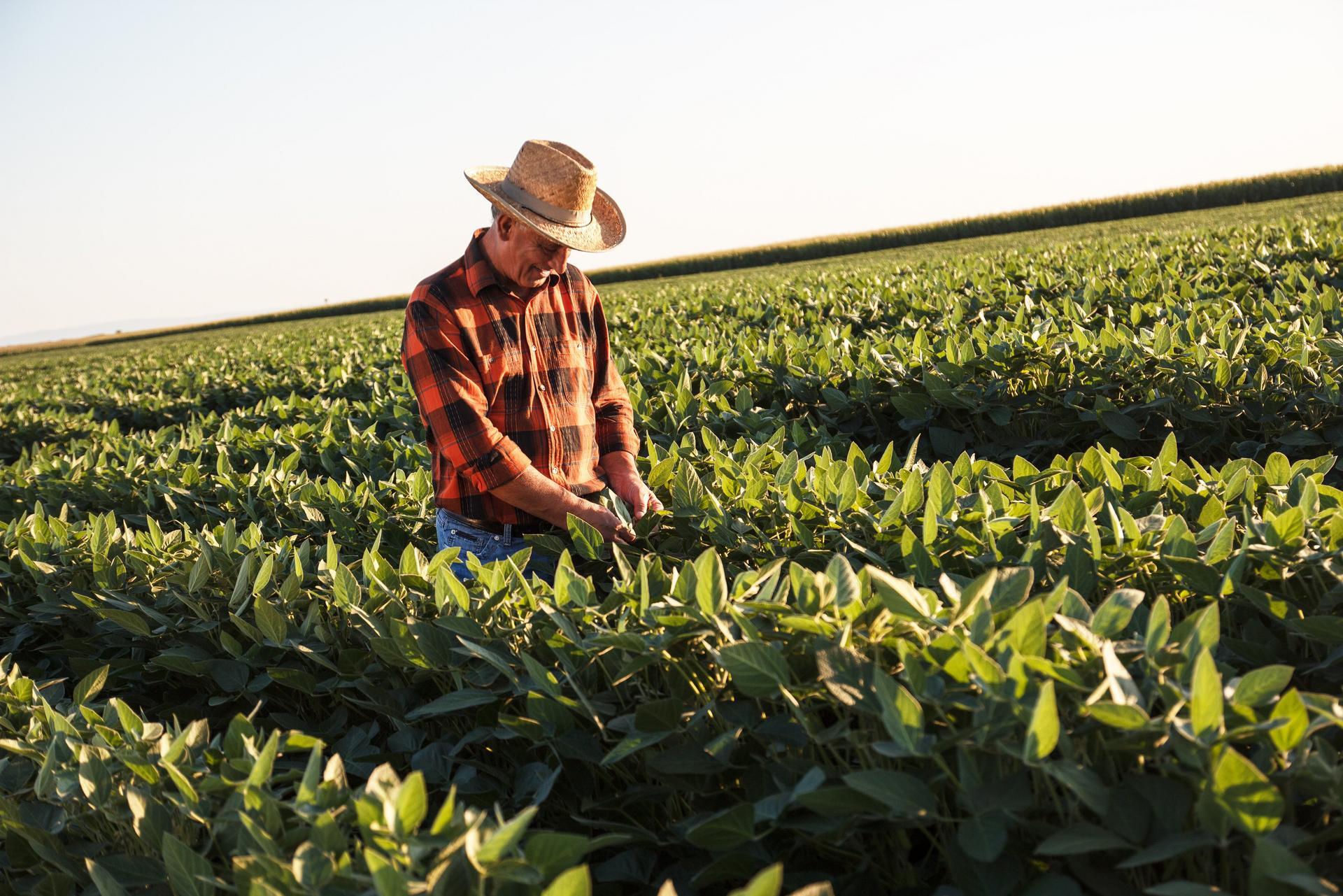The larval stage is a delicate period that requires close attention to detail. Many factors contribute to the success of this early phase, from egg quality and genetics to feeding and environmental conditions. Among these factors, feeding stands out as particularly vital. In species and stages where size can double in a matter of days, meeting the energy and micronutrient requirements can be challenging. Not only the feeds need to be nutritionally optimal, but also they need to be available, attractive, digestible and assimilable. Raw material selection, probiotic inclusion, feed manufacturing-and-preparation and feed distribution, the what and the how, all need to be well adapted to ensure survival, uniform growth, and reduced deformities, laying the foundation for success in the later stages.
Marine fish larval stages normally start with live feeds. These can provide initial essential nutrients to the larvae in an attractive and digestible format, but producing them is labour intensive and they cannot provide the necessary nutrients to support post-larval energy requirements, therefore as soon as the digestive system is ready, the transition to high quality feeds that provide the best coverage of the nutritional requirements in this demanding phase becomes paramount. The use of high quality diets that include probiotics, which contribute to gut integrity and enhance nutrient uptake, are the way to go. Using them all throughout the larval and post-larval cycles has shown some clear advantages:













